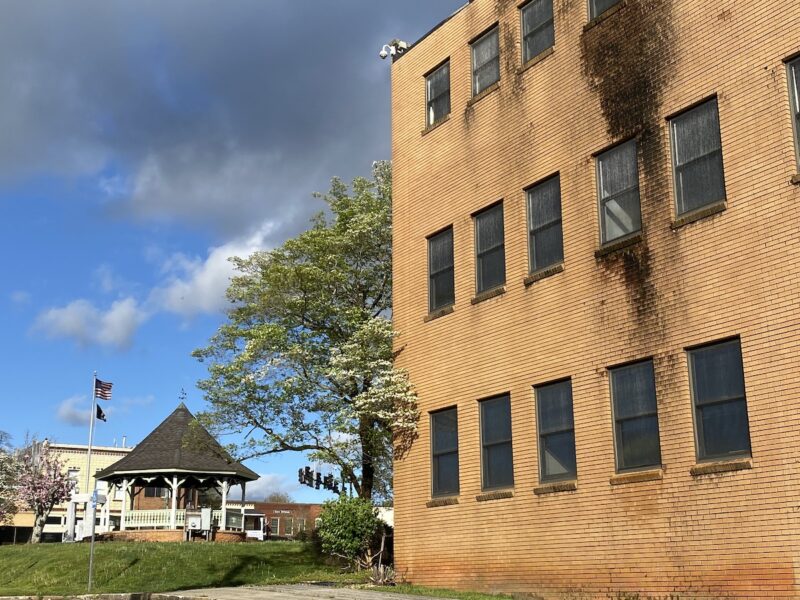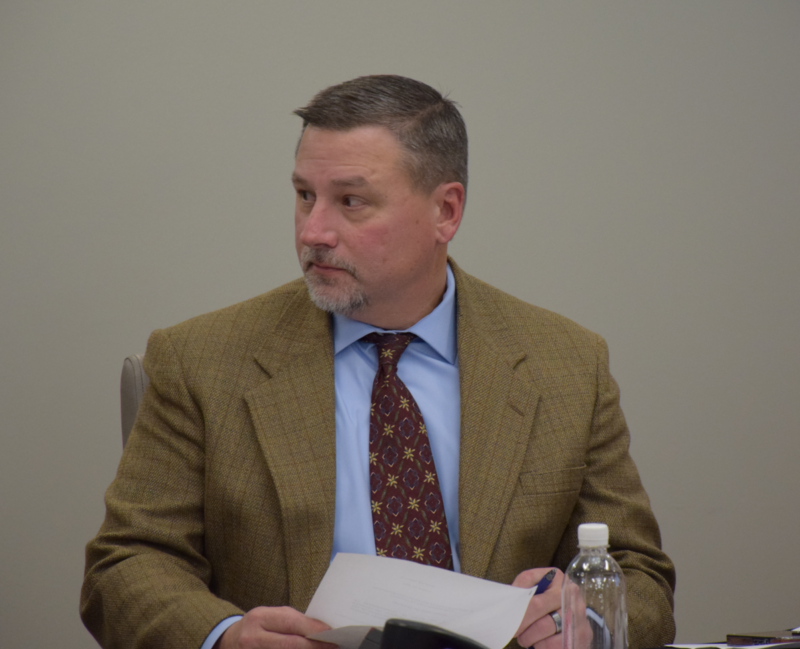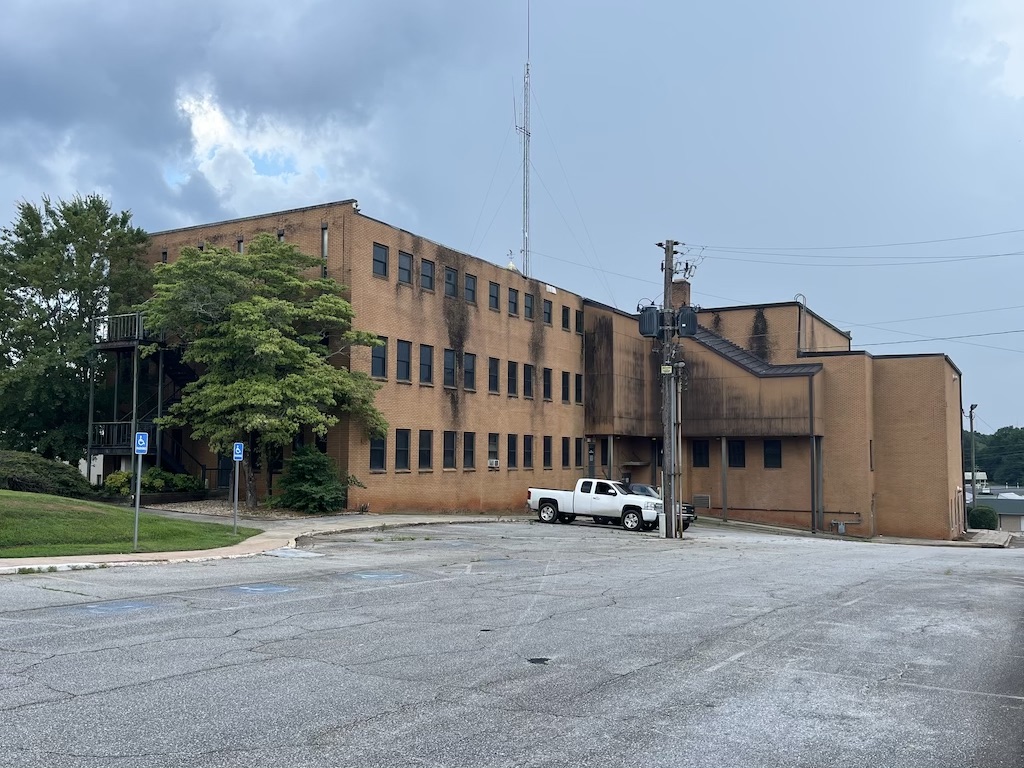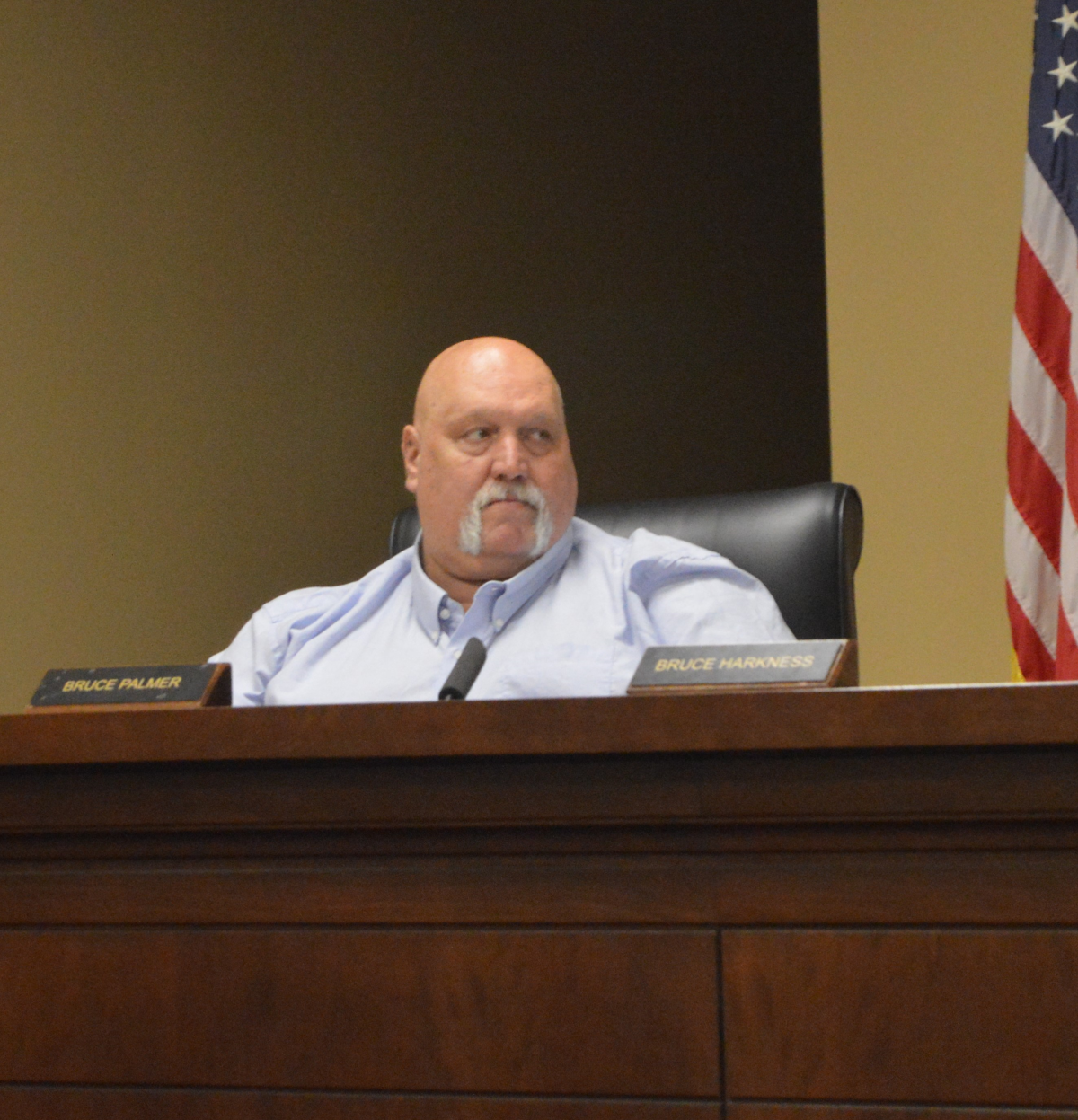ATLANTA — Deegant Adhvaryu completed his parents’ applications for Medicaid and food benefits in June. Then the waiting and frustration began.
In July, his parents, Haresh and Nina Adhvaryu, received a letter saying their applications would be delayed, he said. In August, the Adhvaryus started calling a Georgia helpline, he said, but couldn’t leave a message. It wasn’t until September, when they visited state offices that they were informed their applications were incomplete.
The couple were mystified. They had Medicaid coverage when they lived in Virginia before their recent move to metro Atlanta.
While they waited, Adhvaryu’s parents — ages 71 and 76 — delayed care, fearing they couldn’t afford it. They have Medicare, and in Georgia, Medicaid pays for its premiums, copayments, and deductibles. The lack of extra coverage strained their fixed incomes.
“It was concerning,” Deegant Adhvaryu said, because his family lost a critical financial “lifeline.”
It took Adhvaryu’s parents until late October — more than 120 days after applying — to finally get their Medicaid cards in the mail. Federal rules require states to process most Medicaid applications within 45 days.
RELATED Crawford calls on Cornelia to pass ‘urging resolution’ for Medicaid expansion in Georgia
Increased delays
For years, Georgia’s public benefits system has been plagued by problems like the Adhvaryus’ — a glitchy website that’s often down for maintenance, a shortage of staff to process applications, and technology that malfunctions, according to consumer advocacy organizations, former state employees, and researchers.
But a KFF Health News analysis shows processing times have worsened since July 2023, when Georgia launched the nation’s only active Medicaid work requirement program, “Georgia Pathways to Coverage.” The program began three months after the state began redetermining the eligibility of all Medicaid enrollees following a COVID-19 pandemic pause.
The percentage of Medicaid applicants waiting more than a month and a half to have their applications processed has nearly tripled in the first year of Pathways, the analysis of state and federal records found. As of June 2024, Georgia had the slowest processing time in the country for income-based applications. Preliminary data from July puts the state as the second-slowest. The percentage of applications for financial and food assistance that take more than 30 days to process has also risen by at least 8 percentage points.
Pathways “is really bogging down” a system that was “already functioning relatively poorly,” said Leah Chan, director of health justice at the Georgia Budget and Policy Institute, a nonprofit research organization that supports full Medicaid expansion.
Work requirements
Georgia’s effort to run Pathways reveals the challenges that loom for states looking to launch Medicaid work requirements under a second Donald Trump presidency. His first administration approved them in more than a dozen states. On Nov. 5, South Dakota voters gave lawmakers the green light to seek a work requirement for its existing Medicaid expansion population.
Conservative lawmakers around the country would like to add work requirements to Medicaid, the state-federal insurance program for people with disabilities or low incomes, said Joan Alker, who leads Georgetown University’s Center for Children and Families. “If Georgia fails, that’s a big black eye for the Republican Party.”
Pathways is one of Republican Gov. Brian Kemp’s signature health policy initiatives and his alternative to fully expanding Medicaid eligibility under the Affordable Care Act. Applicants must document that they’re working, studying, or doing other qualifying activities for 80 hours a month in exchange for health coverage.
Consumer advocacy organizations, former state employees, and researchers say the initiative adds inefficiencies and bureaucracy that slow down other public programs, like the Supplemental Nutrition Assistance Program, or SNAP, and the Temporary Assistance for Needy Families program, or TANF.
As of Nov. 1, just 5,542 residents were participating in the work requirement program. Under a full Medicaid expansion program, nearly 300,000 Georgians would gain health coverage, according to the Robert Wood Johnson Foundation.
Cost to implement
Georgia’s work requirement hasn’t been cheap to implement. An analysis by Chan’s think tank found about $13,360 in state and federal spending for each enrollee from January 2021 through June 2024, largely on administrative costs, not health benefits. That doesn’t account for the cost to prepare and submit the application for Pathways to the feds or the fees associated with legal fights over the program.
Officials in Georgia told KFF Health News that, as of June 30, Pathways had cost $40.6 million in state and federal funds.
Pathways also has increased the workload for state staffers who must manually verify complex eligibility requirements and monitor enrollees’ continued eligibility, according to consumer advocacy organizations, former state employees, and researchers.
The Kemp administration blames the processing slowdown of state benefits, in part, on what’s known as the Medicaid “unwinding,” which began in April 2023 as states had to redetermine the eligibility of all enrollees in the wake of the coronavirus pandemic.
“Georgia Pathways is an innovative, Georgia-specific program that has provided coverage to thousands of Georgians who otherwise would be without care,” said Garrison Douglas, a Kemp spokesperson.
Critics say the Pathways rollout stressed a system that’s had snags for years. In contrast, Chan pointed to North Carolina, which fully expanded Medicaid during the unwinding, covering more people for less than the cost of Pathways and without creating additional backlogs for other public benefits programs.
Cost to families
Waiting for benefits approval can have concrete consequences for people’s health and well-being, say doctors, researchers, and patient advocates.
Flavia Rossi, a pediatrician in Tifton, about 180 miles south of Atlanta, said some parents skip their kids’ checkups because they fear expensive out-of-pocket costs while waiting for Medicaid coverage for their children.
In October 2023, Ellenwood, Georgia, residents Gloria and William Felder, who have custody of a granddaughter, were told by the state that her Medicaid coverage had lapsed. William Felder said they reapplied three times but waited 11 months for her coverage to be restored, during which they spent over $1,500 on her care. “We wanted to make sure she had coverage,” he said.
After a health insurance navigator queried the state, Felder said, the state finally informed them in September that she had Medicaid again.
Georgia officials haven’t invested enough in the state agency that processes public benefits applications, said Laura Colbert, executive director of Georgians for a Healthy Future, a nonprofit policy advocacy organization. The problem is exacerbated by staffing shortages, high staff turnover, and outdated technology, she said.
In November 2023, the U.S. Department of Agriculture notified state officials that Georgia was “severely out of compliance” with timeliness standards for processing SNAP applications. A recent progress report details the scope of the issues: a system that incorrectly prioritizes applications, not enough staff to handle a backlog of nearly 52,000 new applications, and no system to promptly reassign applications when staff are off.
“These delays create real hardship, forcing families to make choices between paying for medicine, food, or rent while they wait for the support they’re entitled to,” Colbert said.
Money for ads and IT
The state checked the eligibility of about 2.7 million residents when the pandemic-era Medicaid continuous coverage requirement ended. Nearly half a million Georgians lost coverage — including nearly 300,000 children, according to an analysis by Alker’s nonprofit.
Instead of investing more to ensure that people who were wrongly removed could reenroll, the state continues to pour money into the Pathways program, Alker said. She cited a recently launched $10.7 million ad campaign aimed at boosting Pathways enrollment with money from federal pandemic recovery funds.
The contract for that work was awarded to the consulting firm Deloitte, which has already received millions from Georgia to build and implement Pathways. It’s also responsible for the state’s Gateway technology system, which people use to access public benefits and Georgia officials have described as having ongoing problems, according to KFF Health News’ reporting.
Deloitte did not respond to a request for comment for this article. It previously told KFF Health News that it does not comment on state-specific issues.
In a November letter to KFF Health News, Deloitte spokesperson Karen Walsh said the firm’s clients — state governments — “understand that large system implementations are challenging due to the complexity of the programs they support, and that all IT systems require ongoing maintenance, periodic enhancements and upgrades to software and hardware, and database management.”
Deegant Adhvaryu had to help keep his parents afloat as they waited months to get approved for Medicaid and SNAP. He bought them groceries and helped cover their rent. Not every applicant is that lucky.
“There are people in the state of Georgia with far less financial resources, far less family connections to be able to help them that need these services,” he said.
This story comes to Now Habersham through a news partnership with KFF Health News.
SEE ALSO
Crawford calls on Cornelia to pass ‘urging resolution’ for Medicaid expansion in Georgia

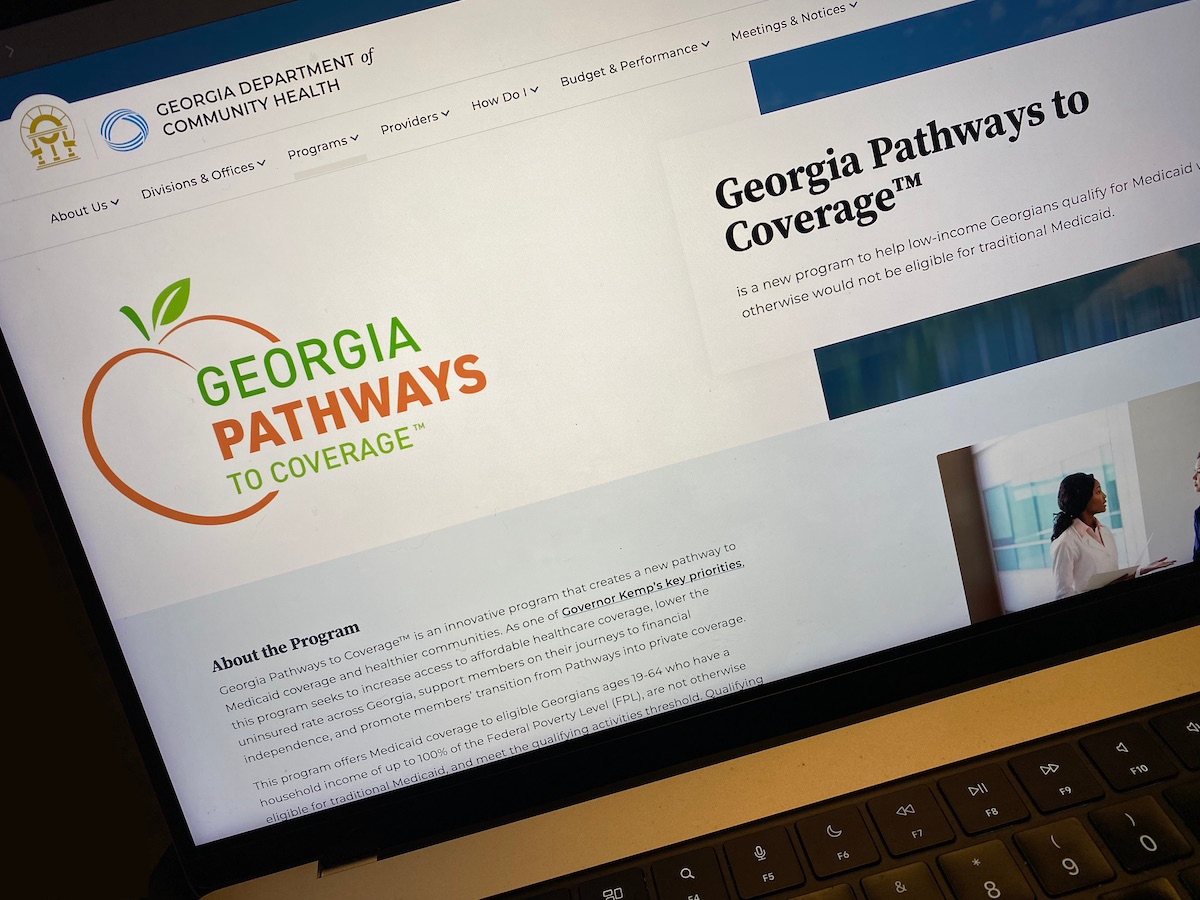
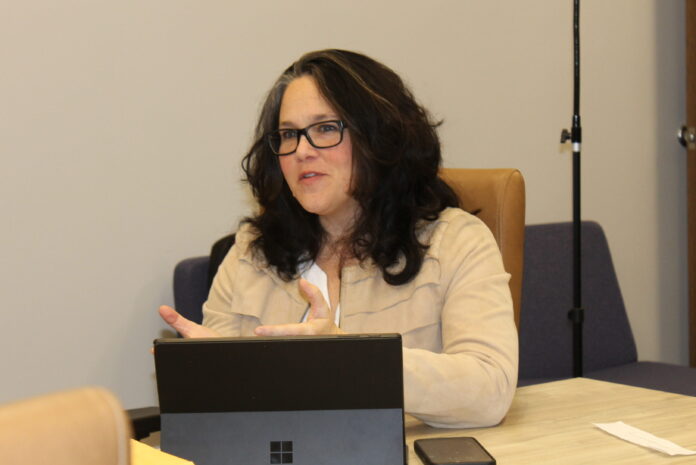
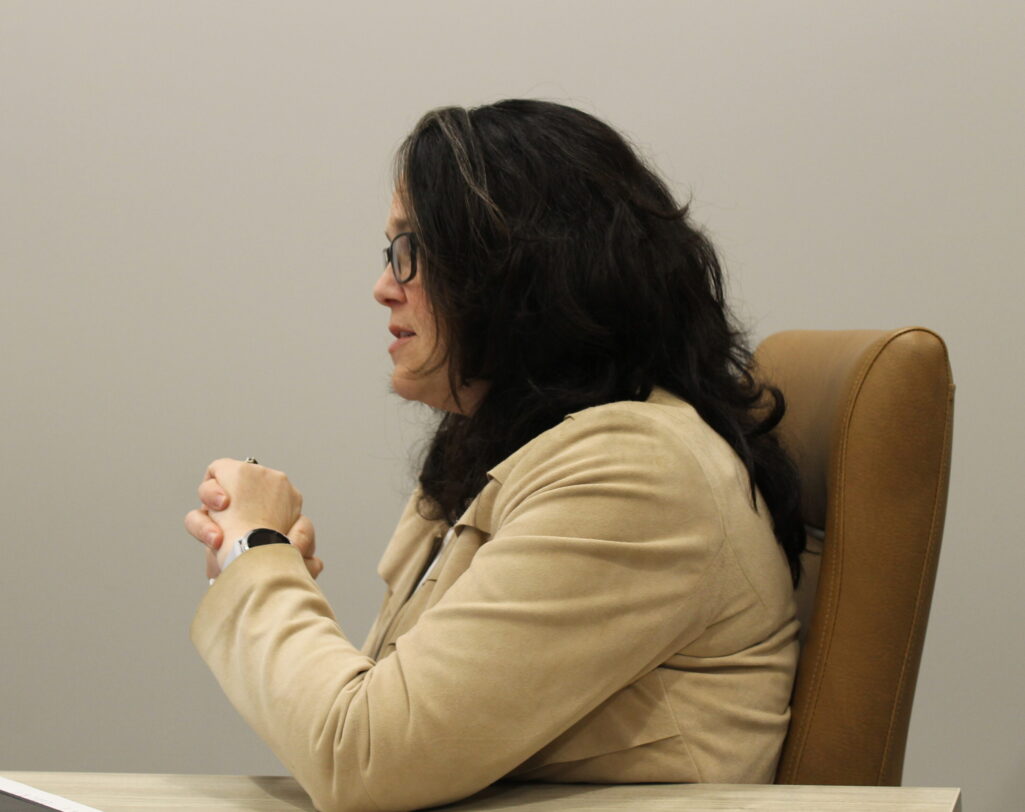
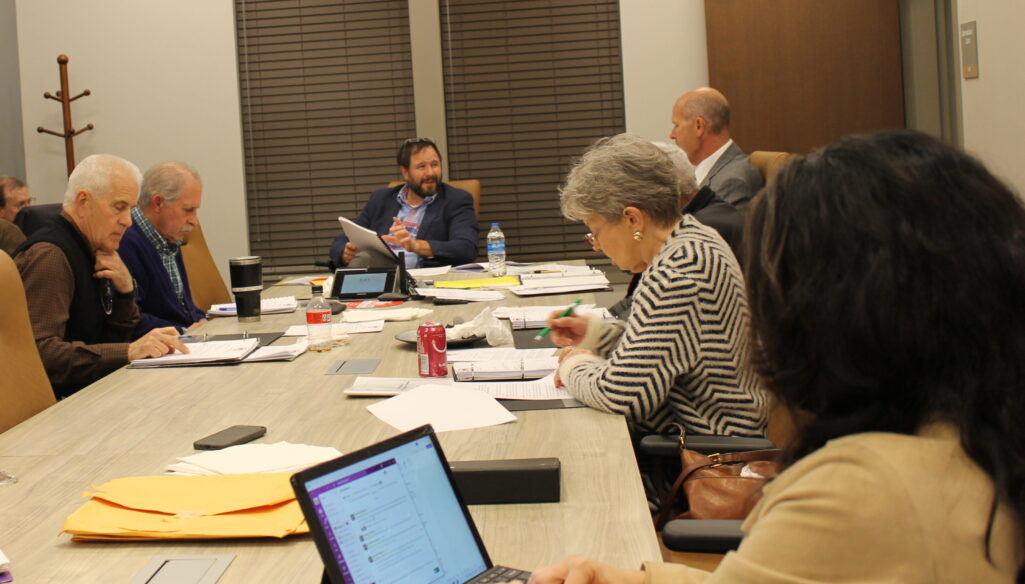








 John Arthur “Johnny” Wikle, age 77 of Cornelia, passed away on December 5, 2024.
John Arthur “Johnny” Wikle, age 77 of Cornelia, passed away on December 5, 2024.

